Reheating leftovers can save you time and money. However, some foods can lose their flavor, change their texture, or even become unsafe to eat after the process. In our list, we talk about a few of such foods that you should avoid reheating in the microwave or oven.
Chicken
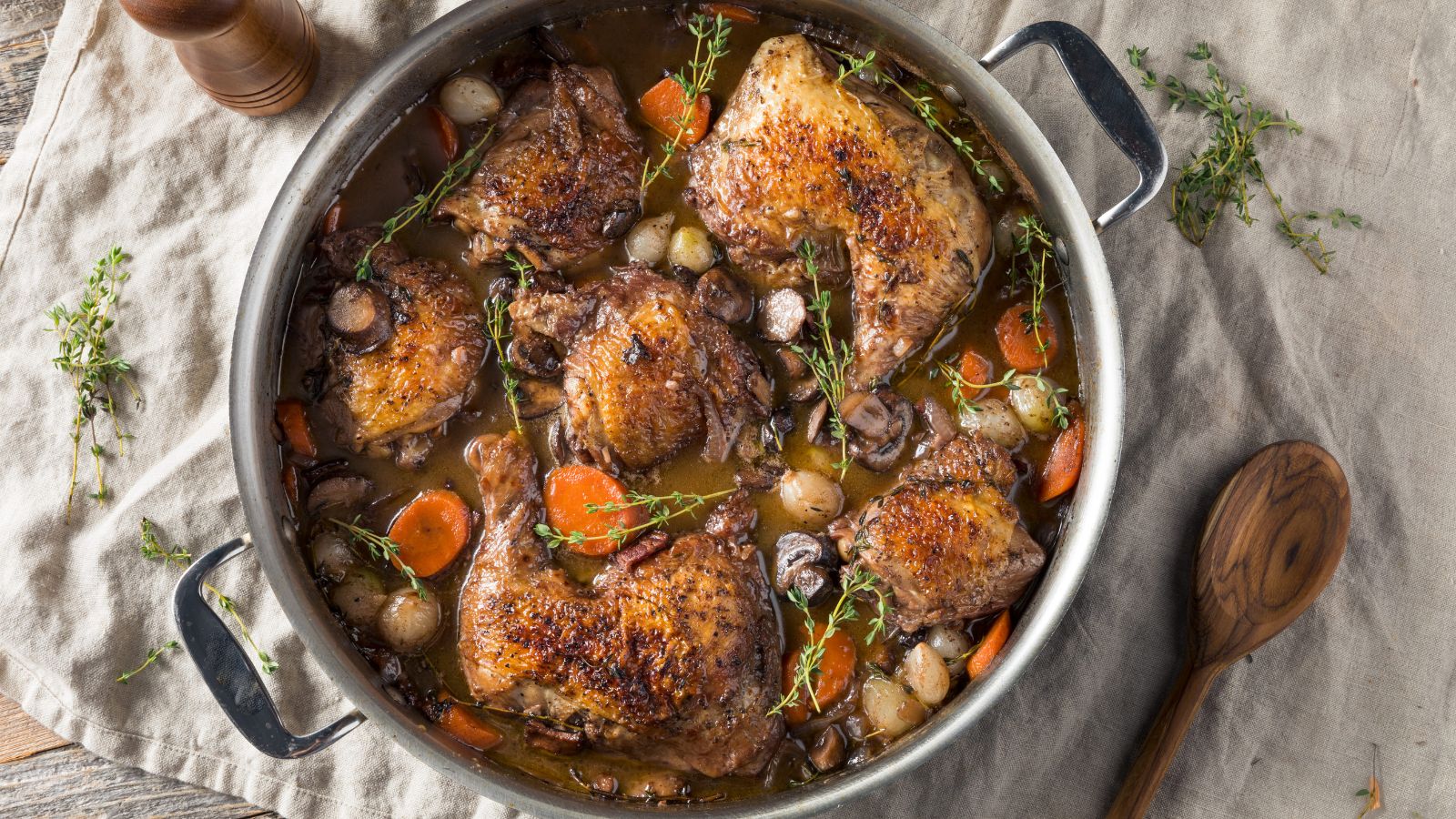
You should avoid reheating chicken, as it can cause the proteins to break down differently, which affects the texture of the meat. Chicken can become rubbery and lose its taste when reheated. Try eating your leftover chicken cold instead, for example in sandwiches or cold salads.
Rice
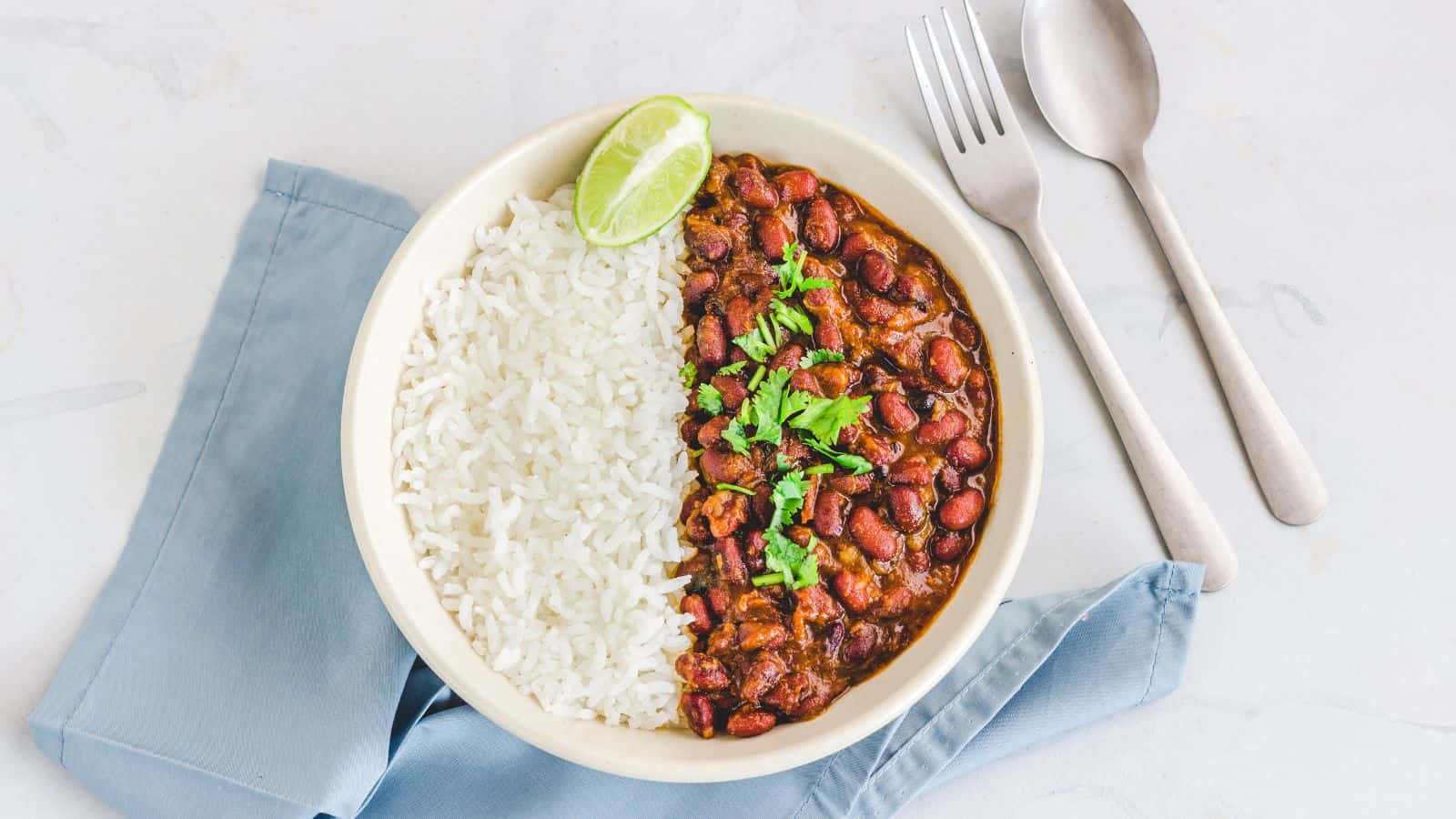
If you reheat rice incorrectly, it can lead to food poisoning. Rice can carry a bacteria called Bacillus cereus, and according to Live Science, “reheating it doesn’t get rid of the toxins the bacteria have already produced” when the rice has been left out. That sounds cereus! (get it?)
Potatoes
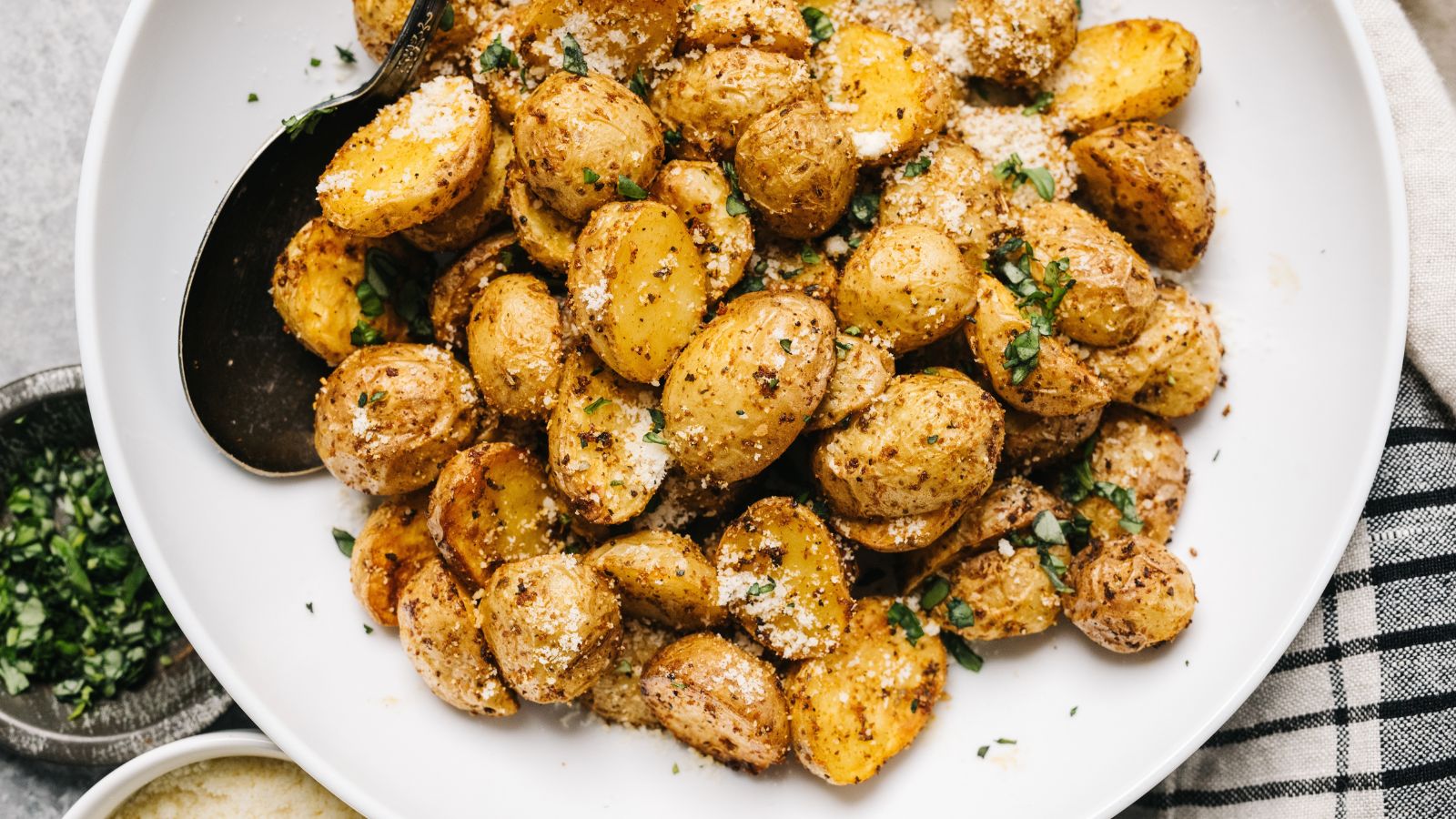
Reheating potatoes can be pretty dangerous too! There’s a risk of contracting a rare illness called Botulism, especially when reheating foil-wrapped baked potatoes. Who knew carbs were out to get us in more than one way? Best to stick to using leftover potatoes in salads or cold dishes.
Eggs
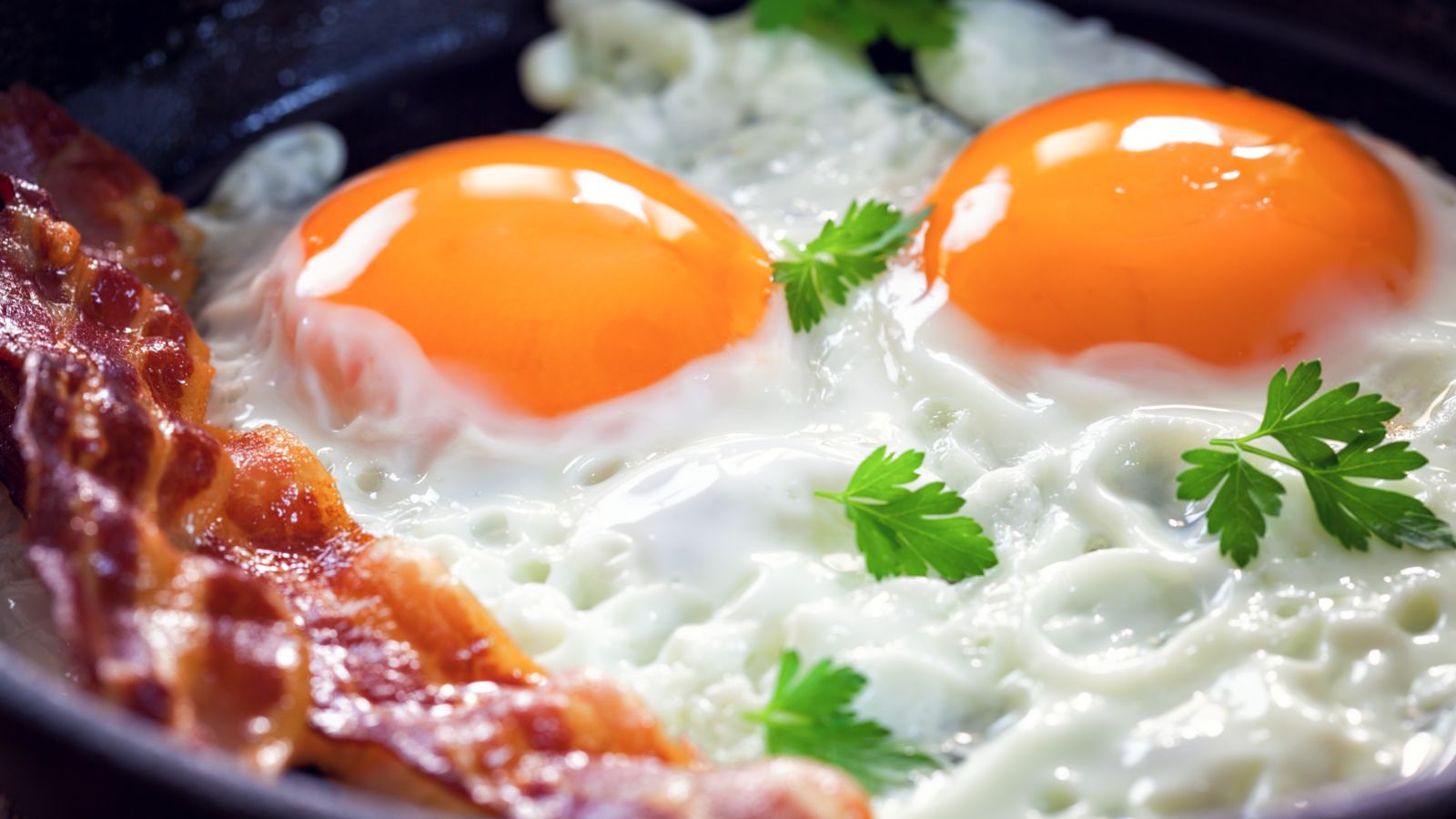
It’s recommended to eat eggs when they’re freshly cooked to enjoy the best taste and texture. Reheated eggs can turn rubbery and release unpleasant smells. Nobody wants to eat smelly eggs! High temperatures can even make your reheated eggs toxic.
Mushrooms
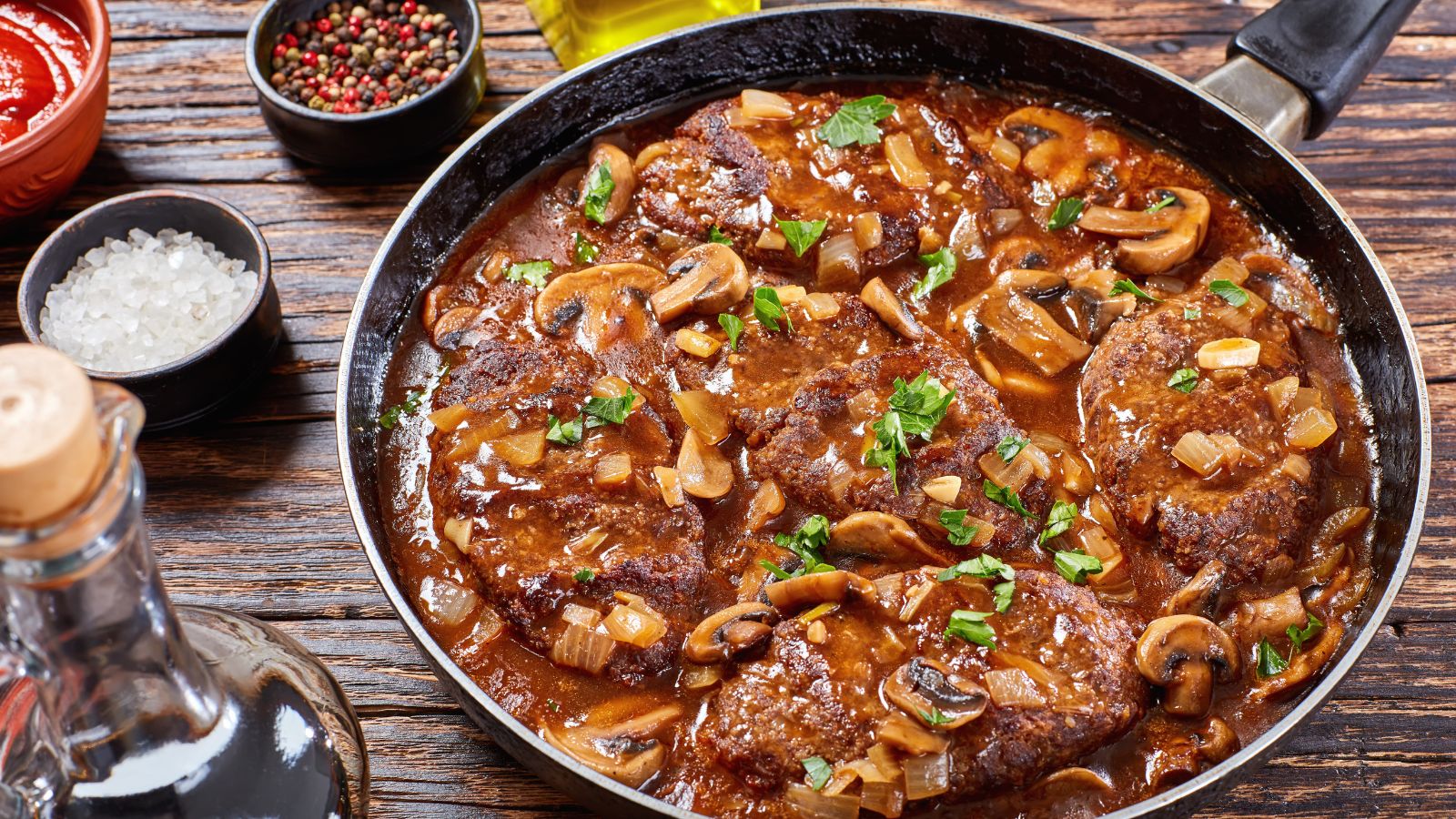
Like chicken, the protein structure of mushrooms changes when reheated; this can make them difficult and painful to digest. Leftover mushrooms should be stored in the refrigerator immediately after cooking, and should ideally be eaten cold. Yet another reason to eat salads!
Seafood
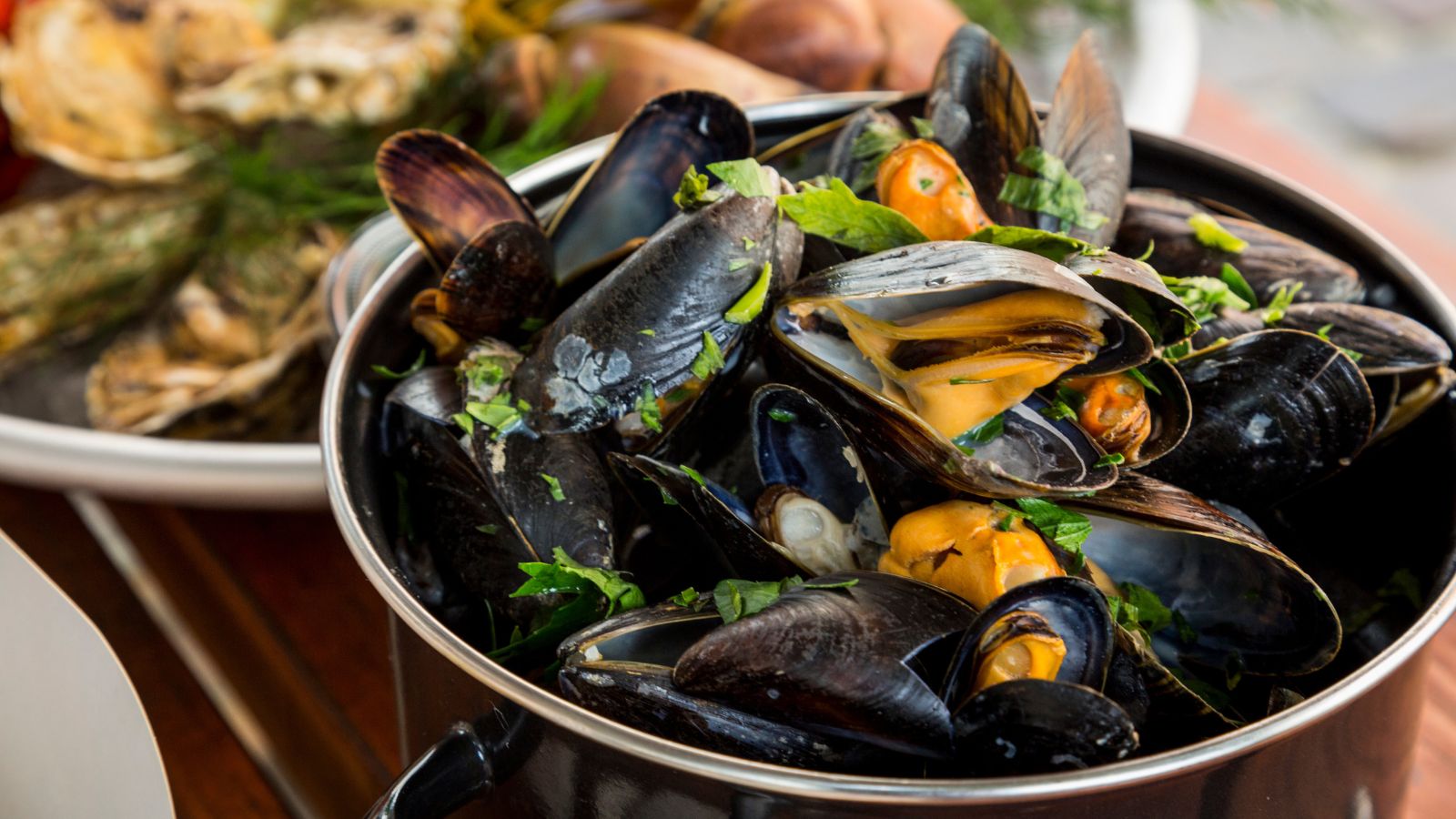
It’s widely known that seafood goes off quickly and that bacteria can grow especially fast on different types of seafood. If that isn’t enough to convince you not to reheat seafood, then how about the fact that reheating can also make seafood tough and smelly? Gross!
Beetroot
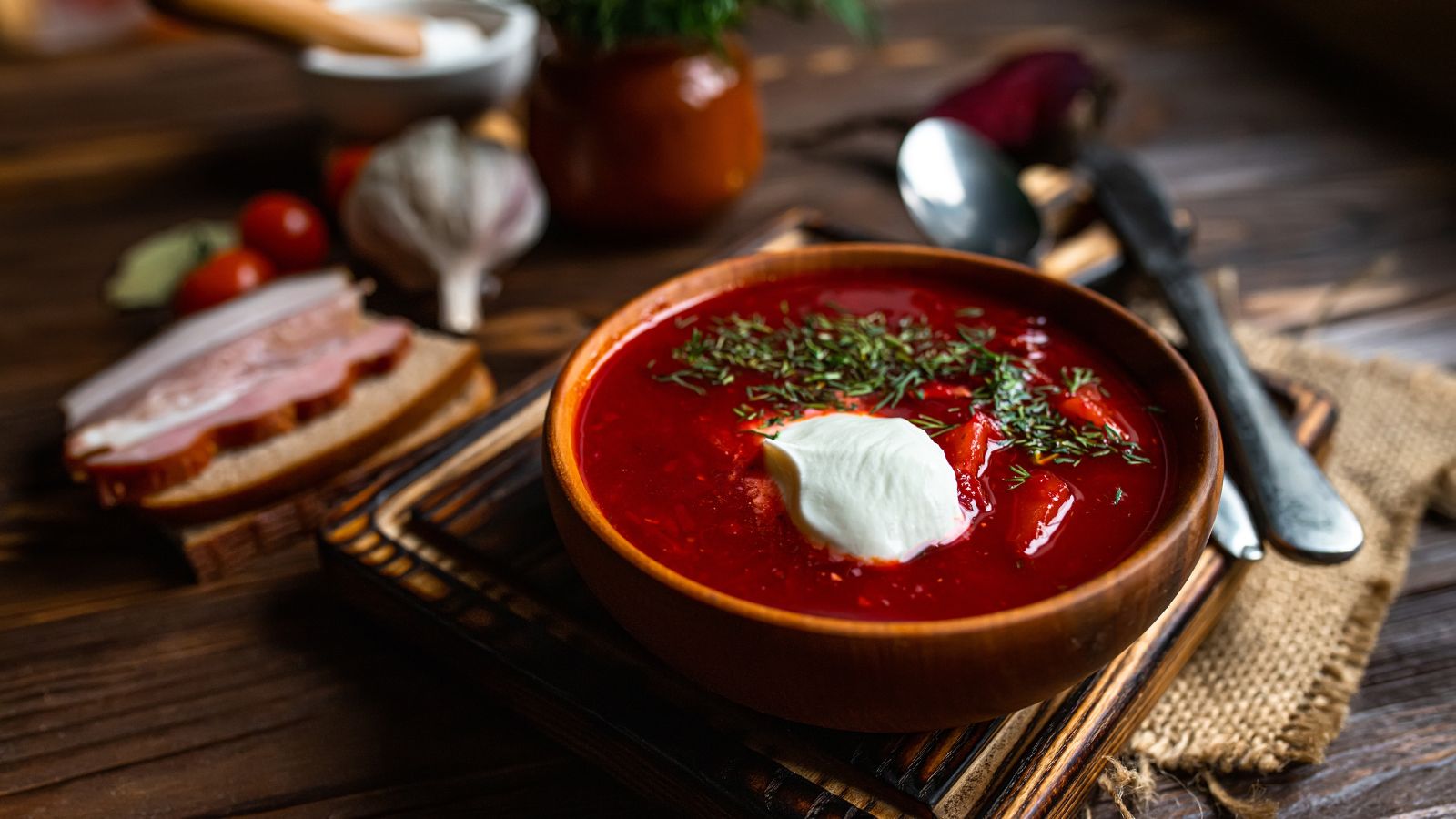
When reheating beetroot, nitrates can “potentially convert into the nitrosamines that have carcinogenic effects,” says the National Institutes of Health. It’s too sciency for most of us, but I’d trust the experts! Beetroot should be refrigerated and consumed within a day or two, and leftover beetroot should be eaten cold.
Celery
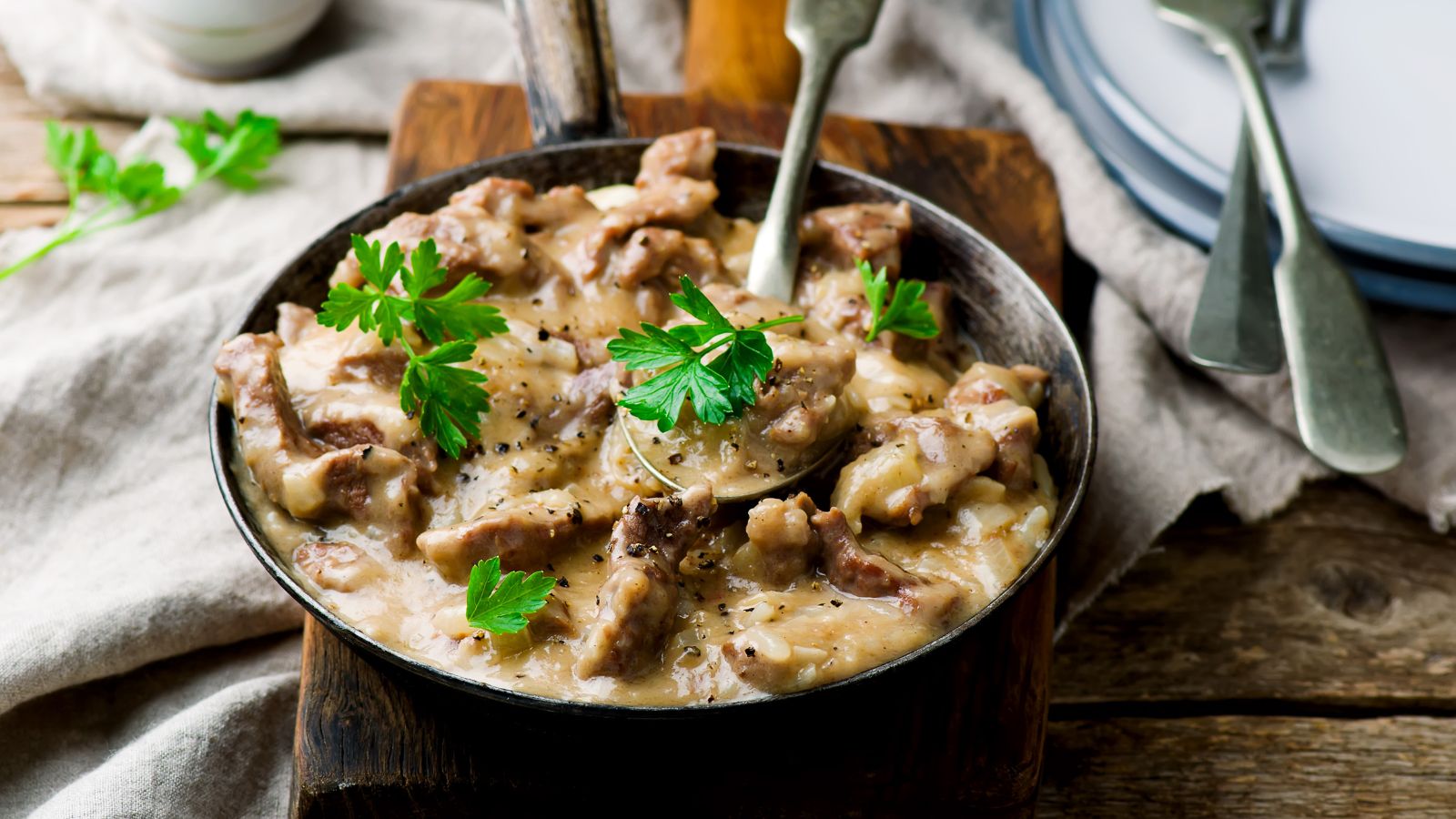
Celery also contains nitrates, which can turn into harmful nitrites when reheated. Celery is often used in soups and stocks, so these should not be reheated either. It is best to enjoy celery fresh or use leftovers in cold dishes.
Spinach
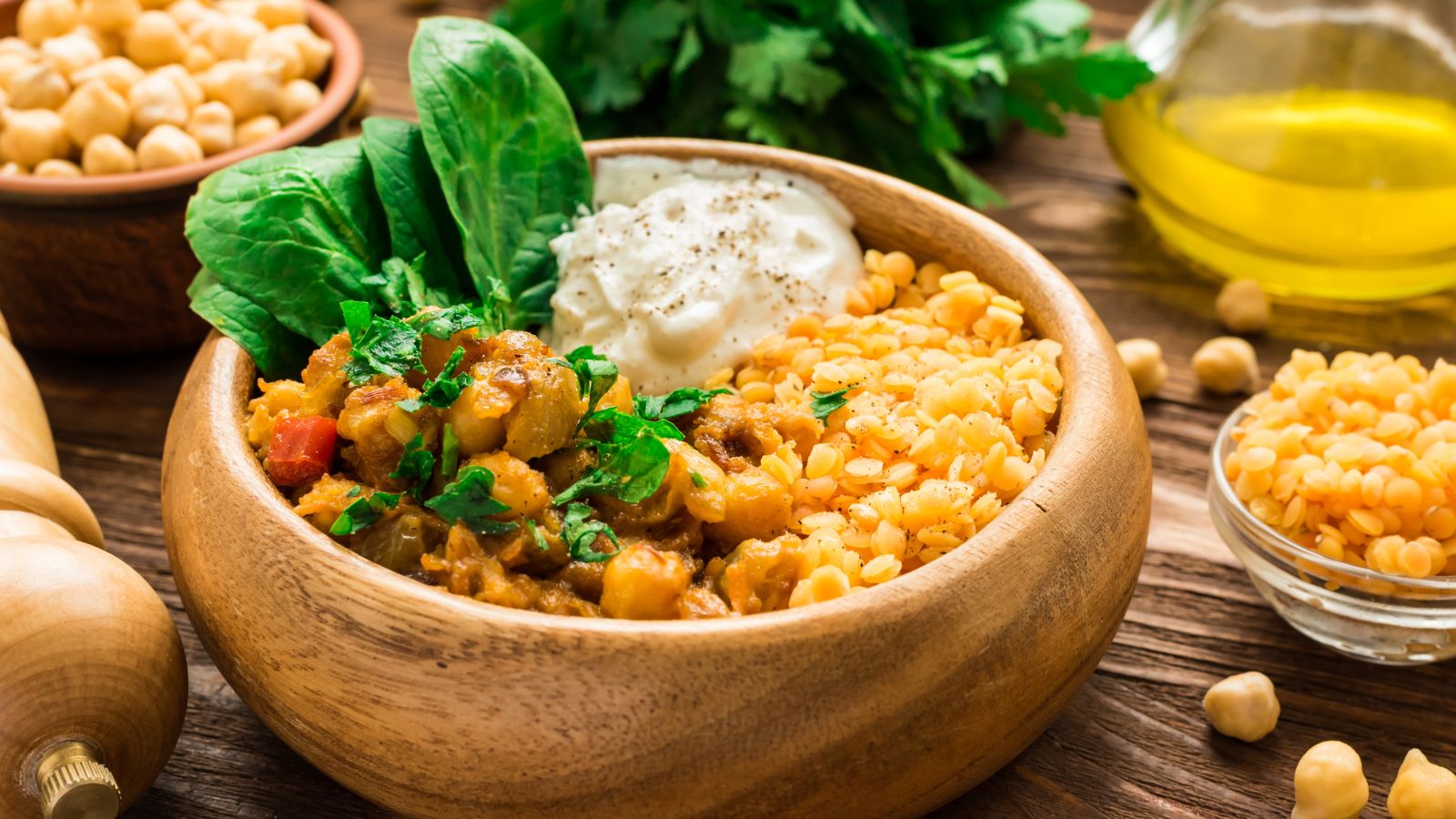
More evil nitrites! Spinach is yet another vegetable that contains nitrates that can convert into nitrosamines when reheated. Reheating spinach can also reduce its nutritional value. Like the previous vegetables, it is ideal to eat spinach fresh and use any leftovers in cold salads.
Turnips
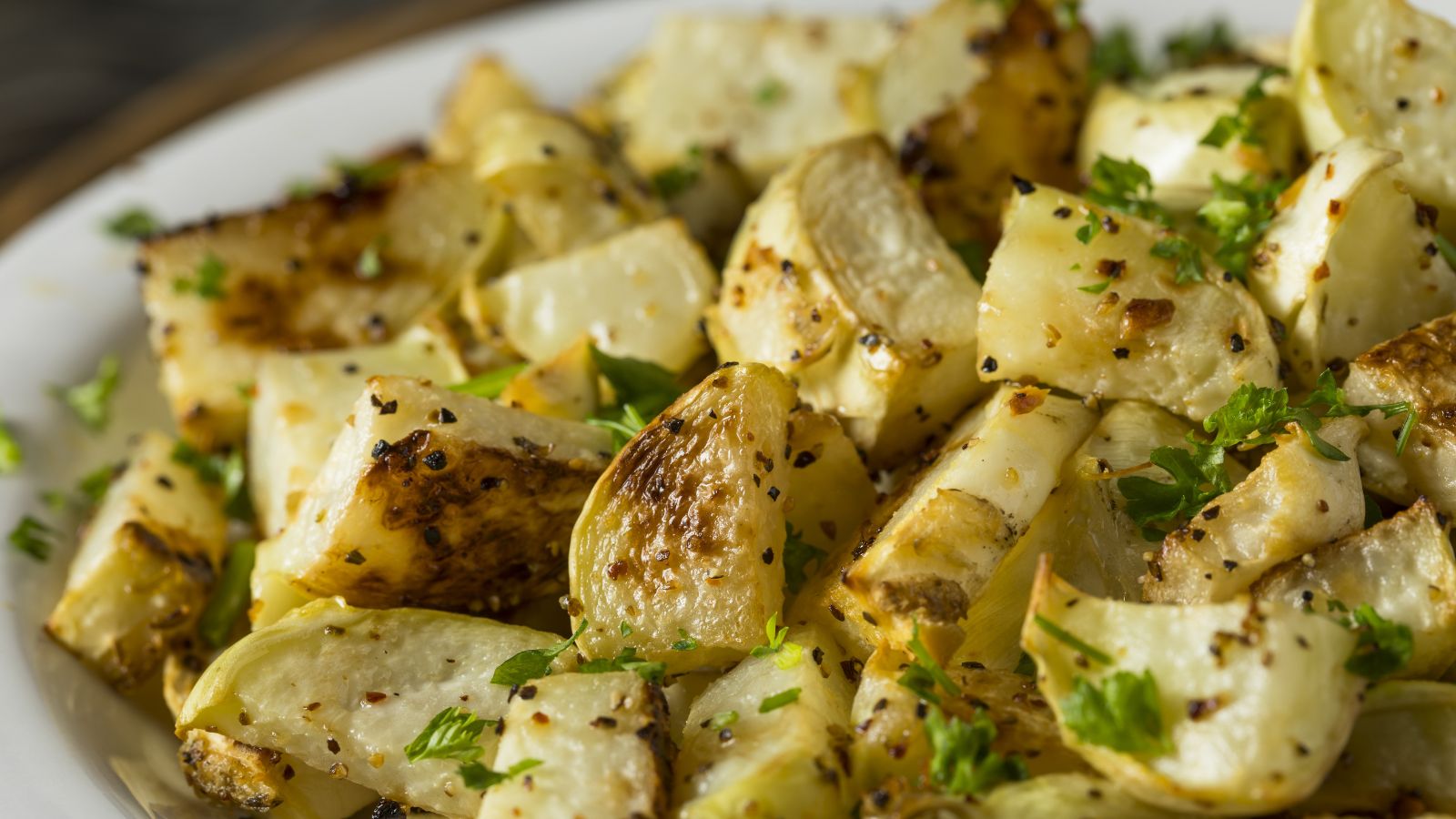
You should avoid reheating turnips, as it causes the texture to change and the turnips to become overly soft. There are also similar issues as with the beets and celery (I’m sure you’re sick of hearing about nitrates and nitrites by now!)
Pork
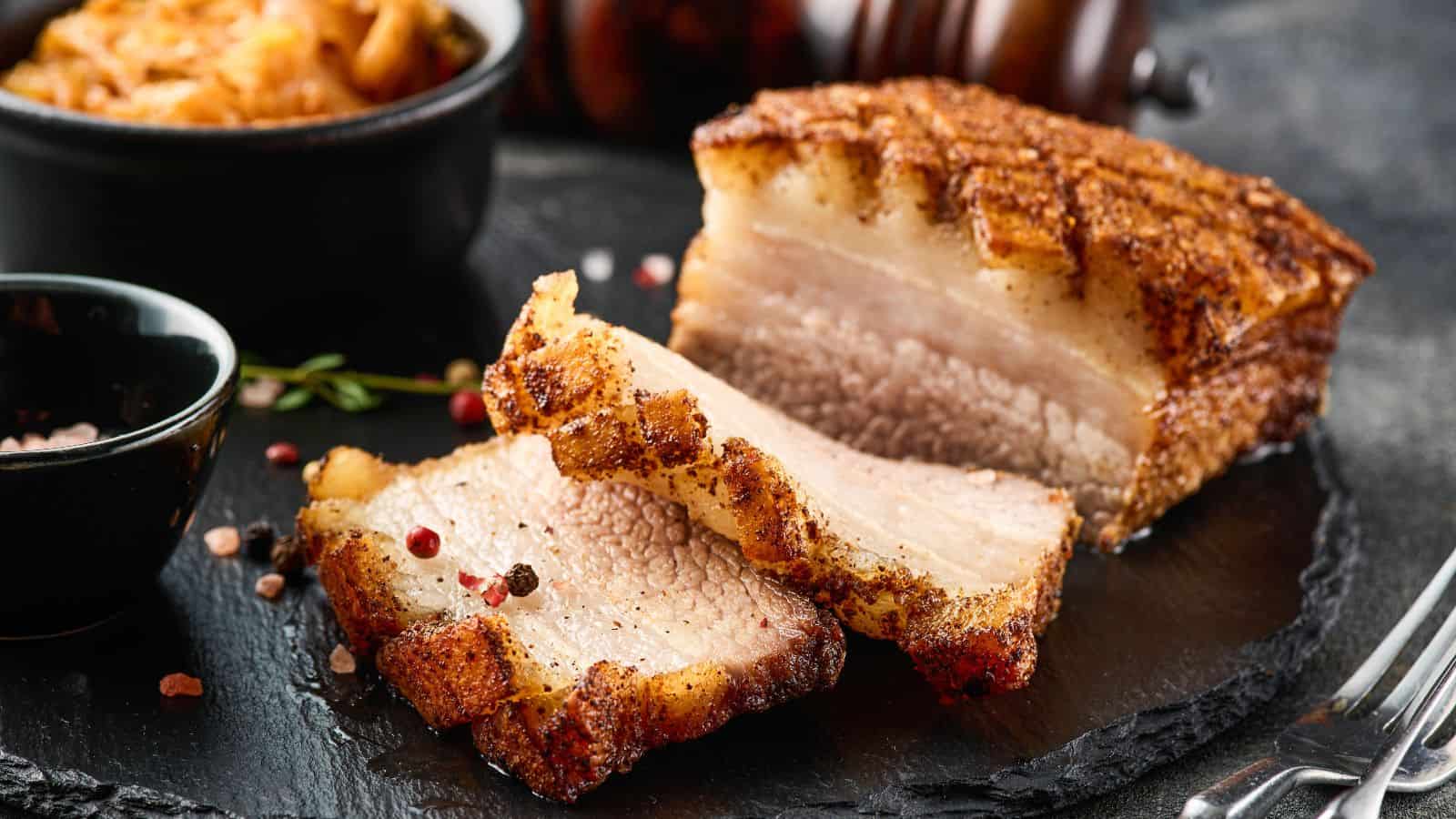
It isn’t a good idea to reheat pork, as it will make it tough and dry, and there’s nothing worse than chewy, dry meat! To use your leftover pork without making it less enjoyable, stick to eating it cold in sandwiches or salads.
Broccoli
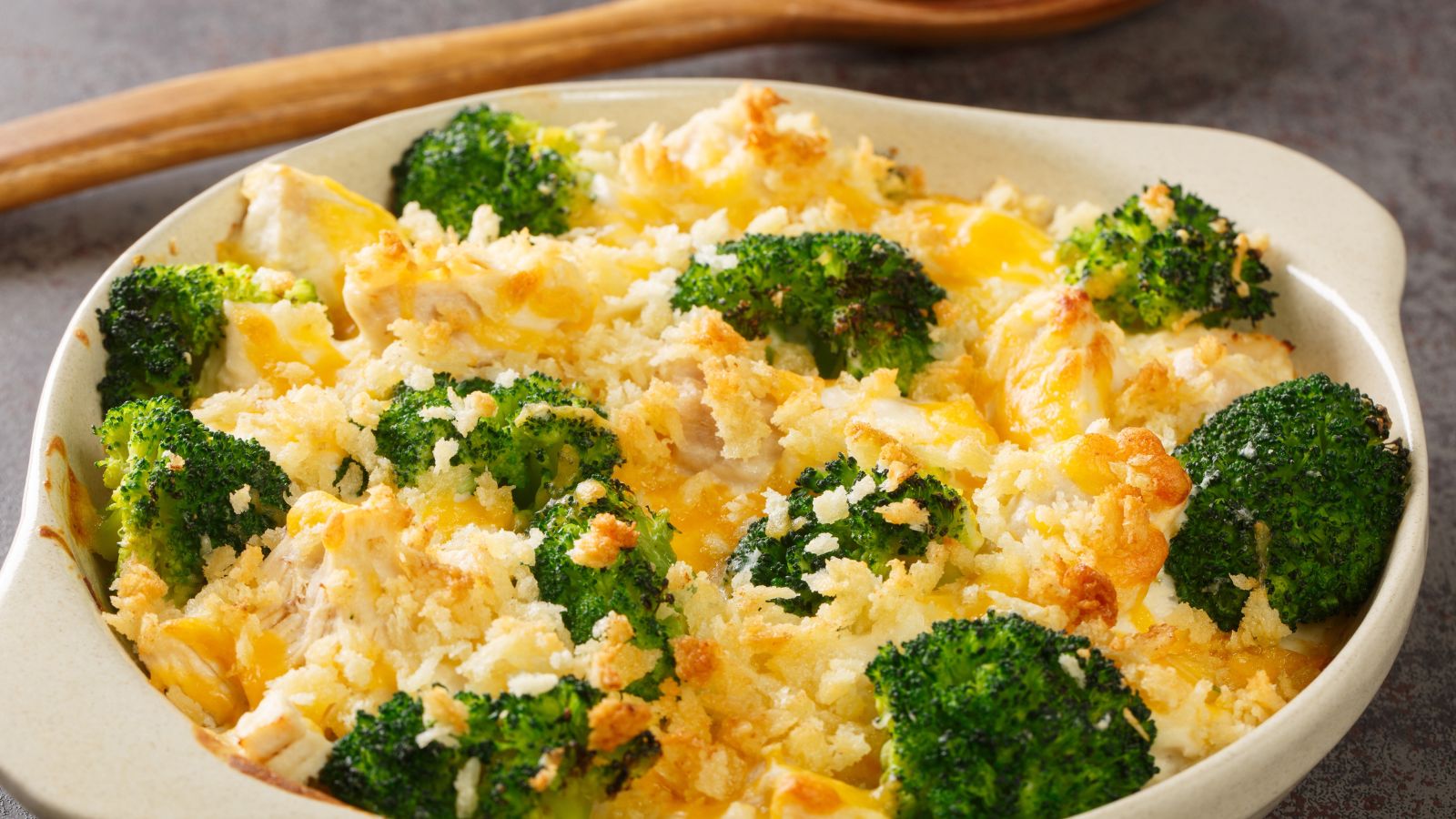
Broccoli can turn bitter when it’s reheated. Also, heat can significantly reduce the vitamin C content of broccoli. According to Verywell Health, “to get the most nutrients from broccoli, eat it raw or lightly cooked.” At the end of the day, the vitamins and nutrients are the whole reason we eat vegetables!
Fried Foods

Reheating fried food can lead to it losing its crispy texture and becoming soggy. If you really don’t want to waste your leftover fried food, reheat it in an oven or air fryer instead of a microwave, to maintain a bit of crispiness.
Garlic
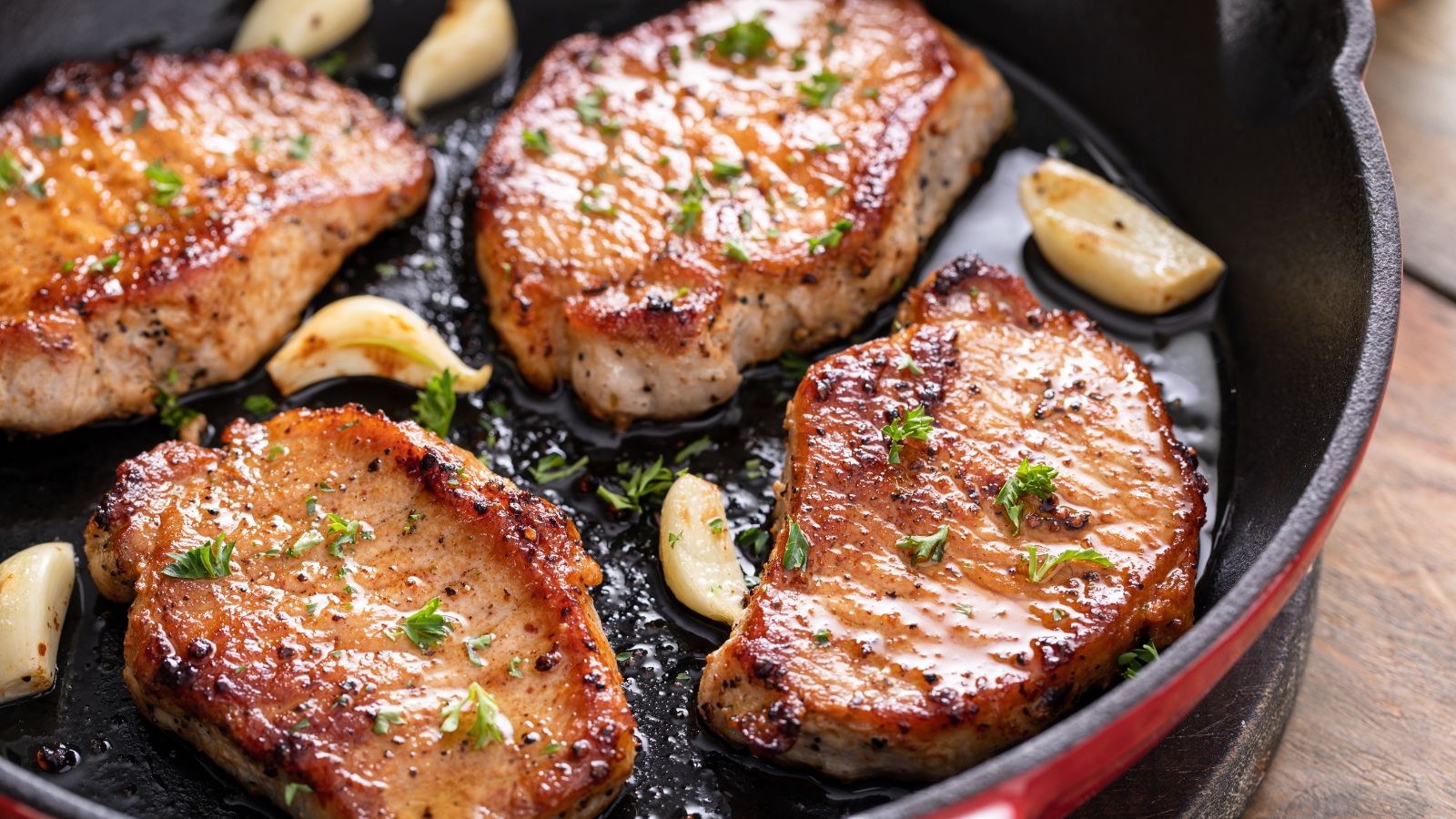
Chemical changes can happen when reheating garlic, making it turn bitter and lose its sharp flavor. In some cases, reheating garlic can even lead to toxicity! To get the best out of your garlic, use it fresh or add it at the end of cooking.
Pizza
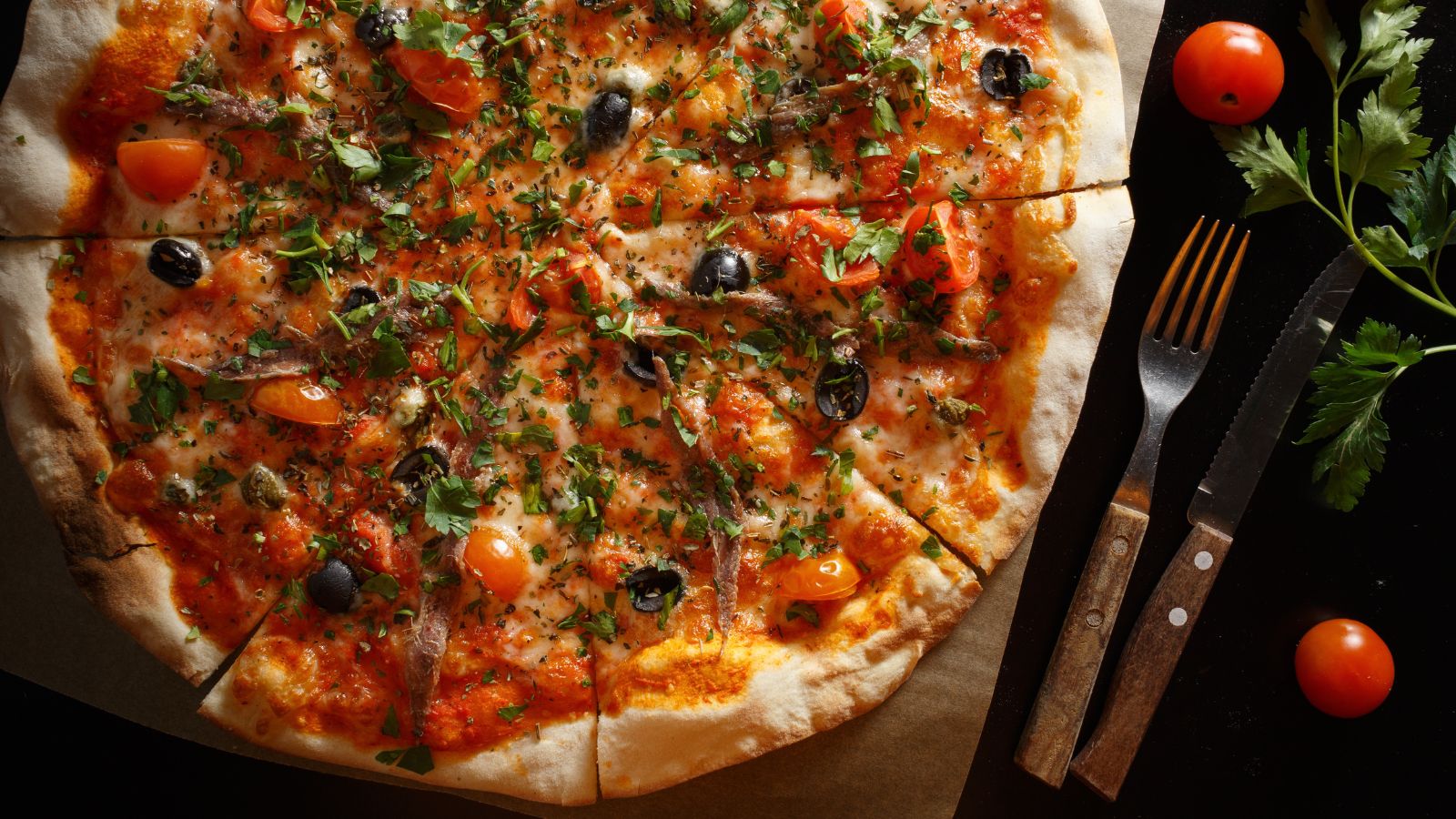
When leftover pizza is reheated in the microwave, the base turns soggy. It is better to reheat pizza in an oven or skillet to keep it crispy. However, if reheating isn’t an option at all, just enjoy it cold!
Pasta
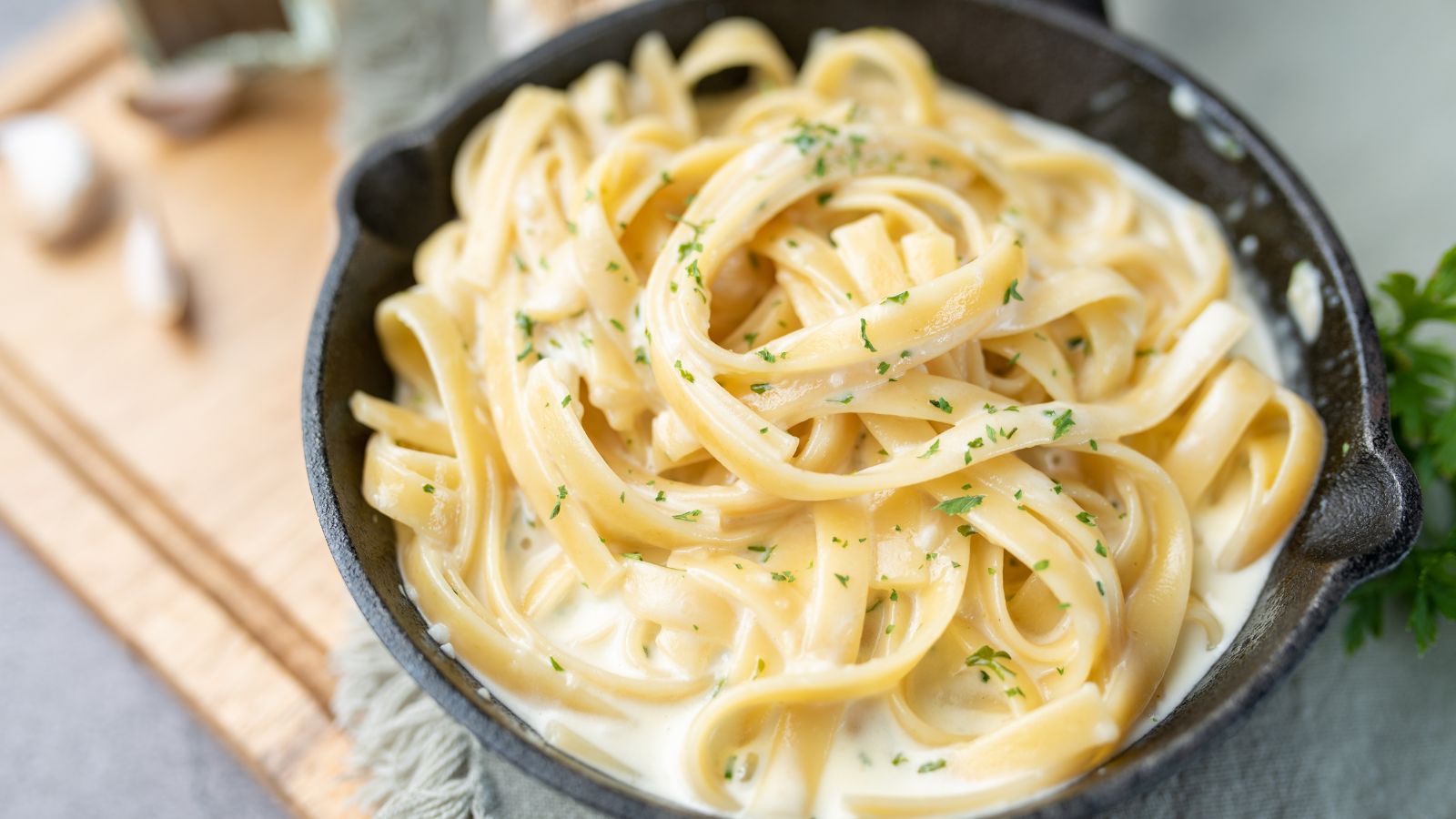
The texture of your leftover pasta can become firm and unpleasant when it’s reheated. One useful trick to improve the texture is to splash your pasta with some water or sauce before you reheat it.
Oily Dishes
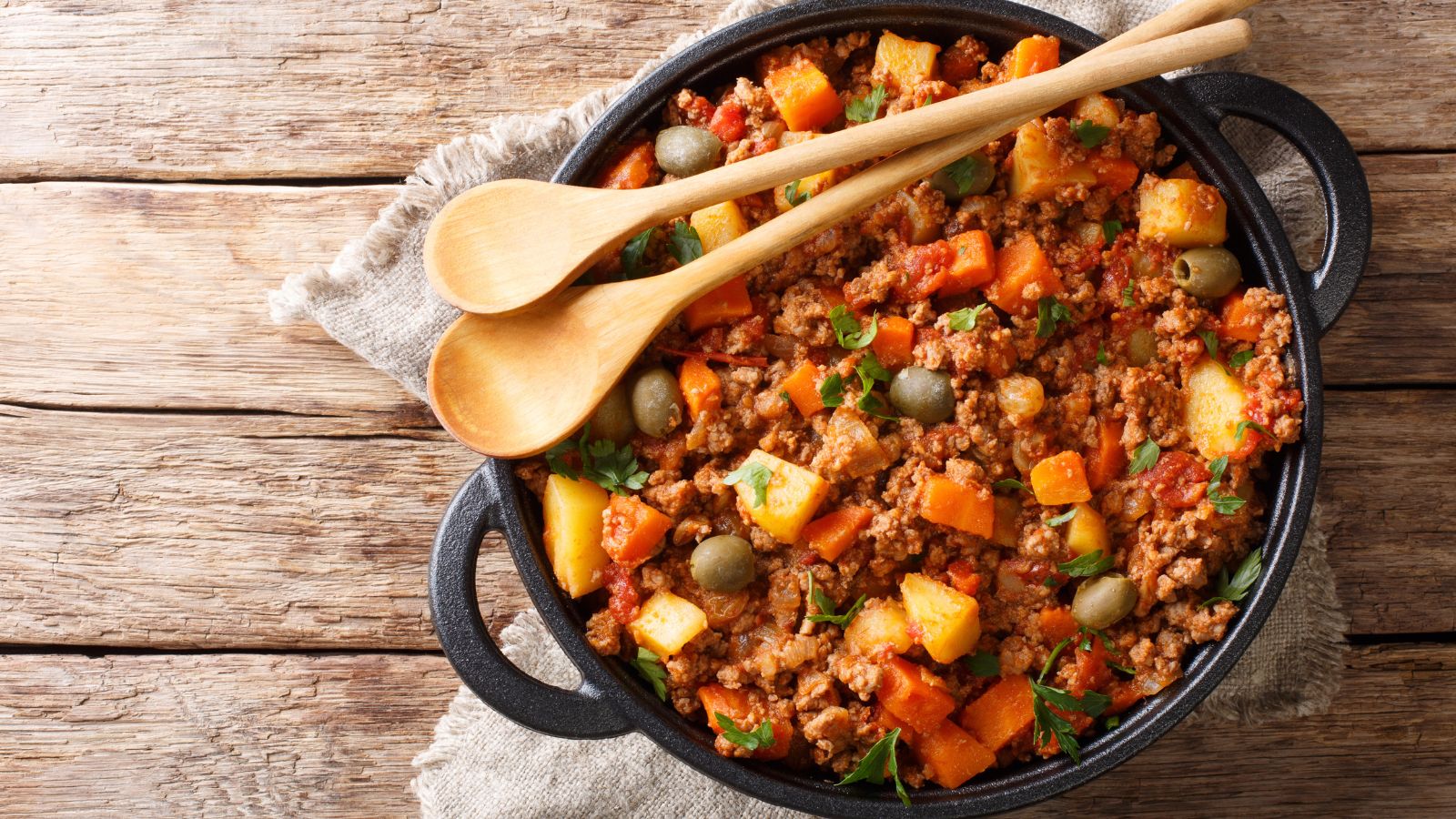
If you reheat leftover oily dishes, they will lose their flavor and quality, as oils can become rancid when reheated. Science Direct points out that some reheated oils can even release harmful compounds that could cause health issues such as cancer.
Green Beans
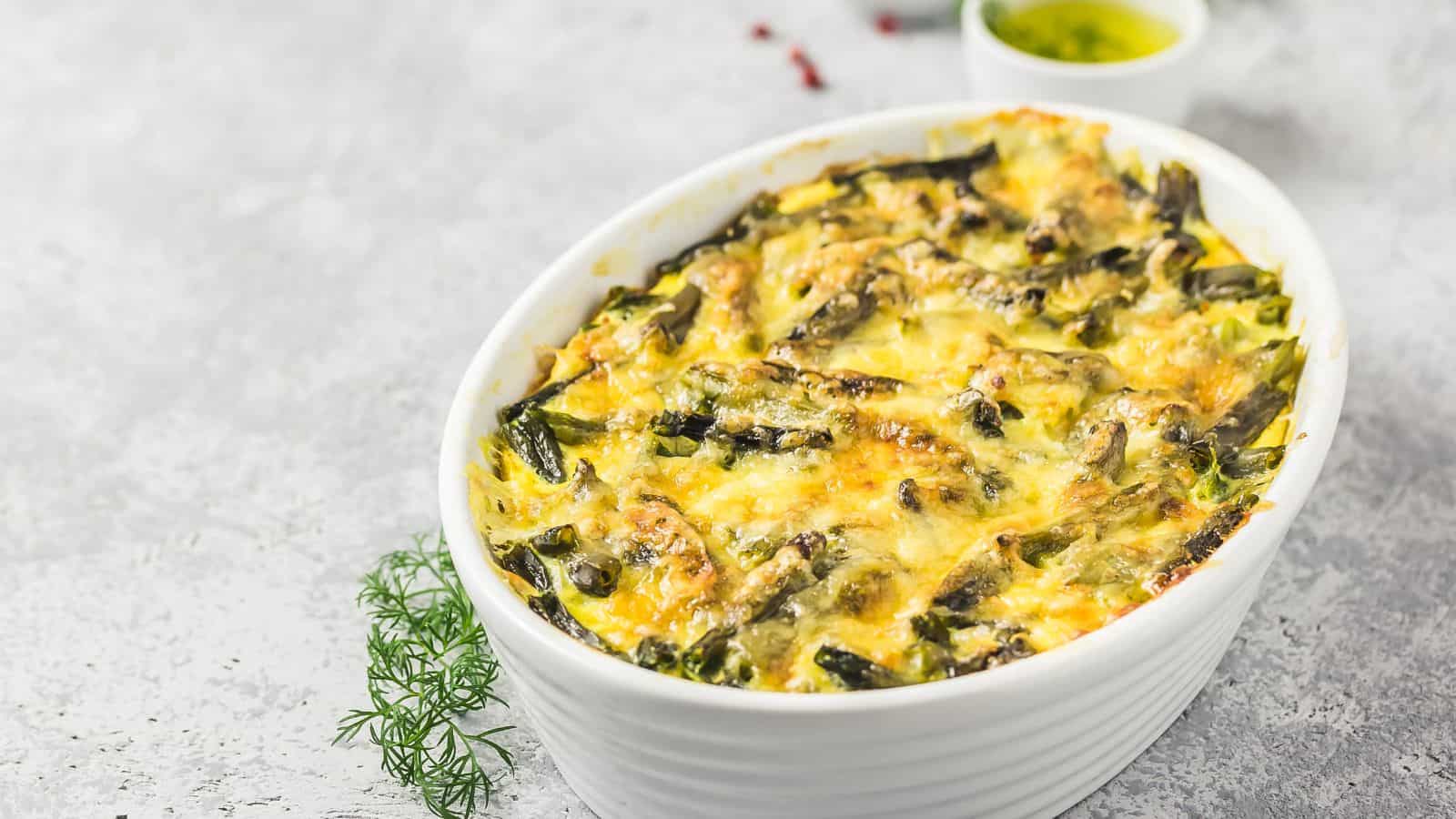
You should avoid reheating green beans because they can lose some of their nutrients. They can also turn mushy and lose their vibrant green color. But if you’re a big fan of mushy peas, maybe mushy beans wouldn’t be the end of the world for you.
Lasagna
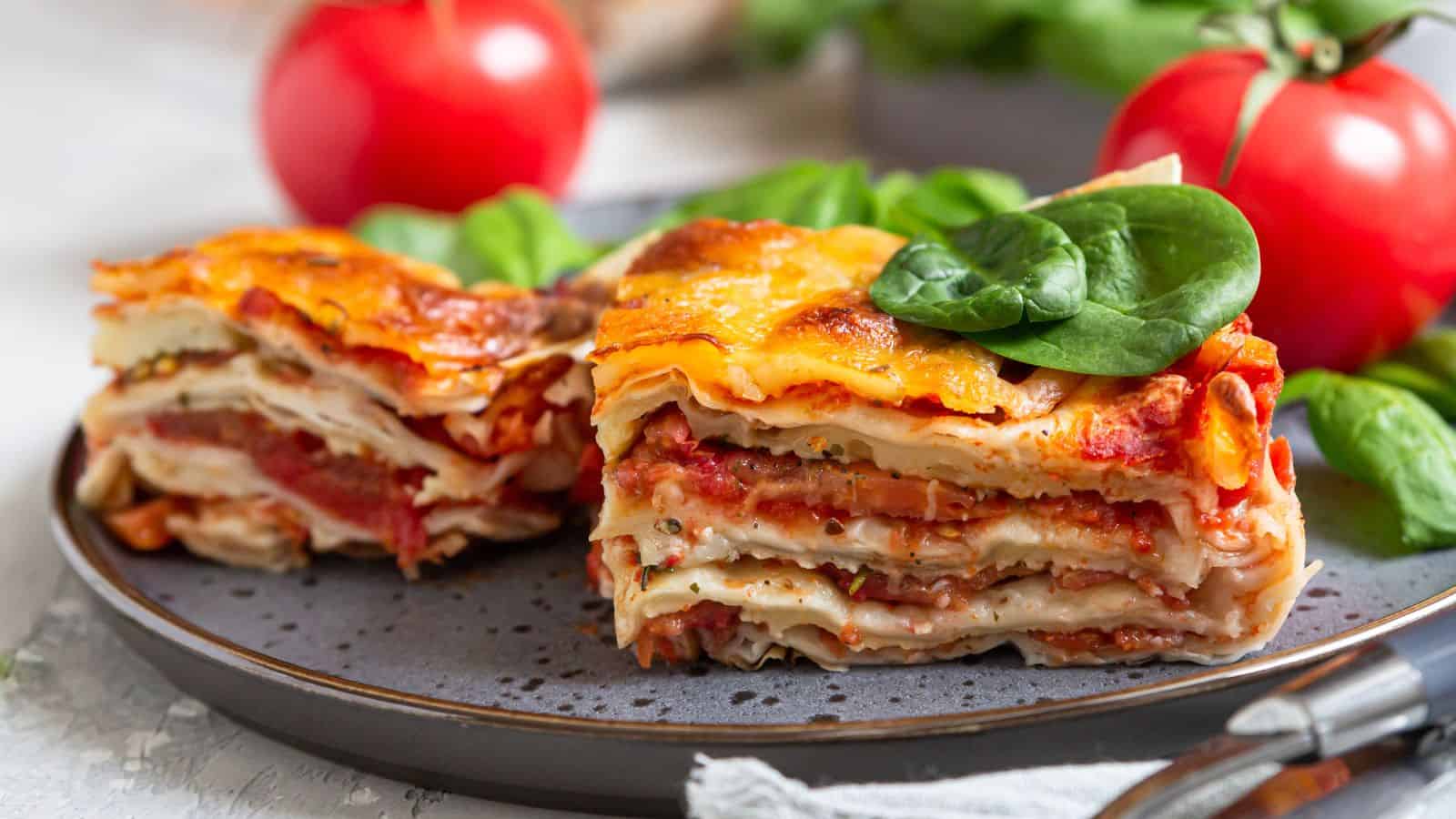
Reheating your lasagna in the microwave could result in it having hot edges but being cold in the middle. The pasta can also end up too soft and the cheese can become oily. It all sounds like a bit of a mess!
Creamy Soups and Sauces
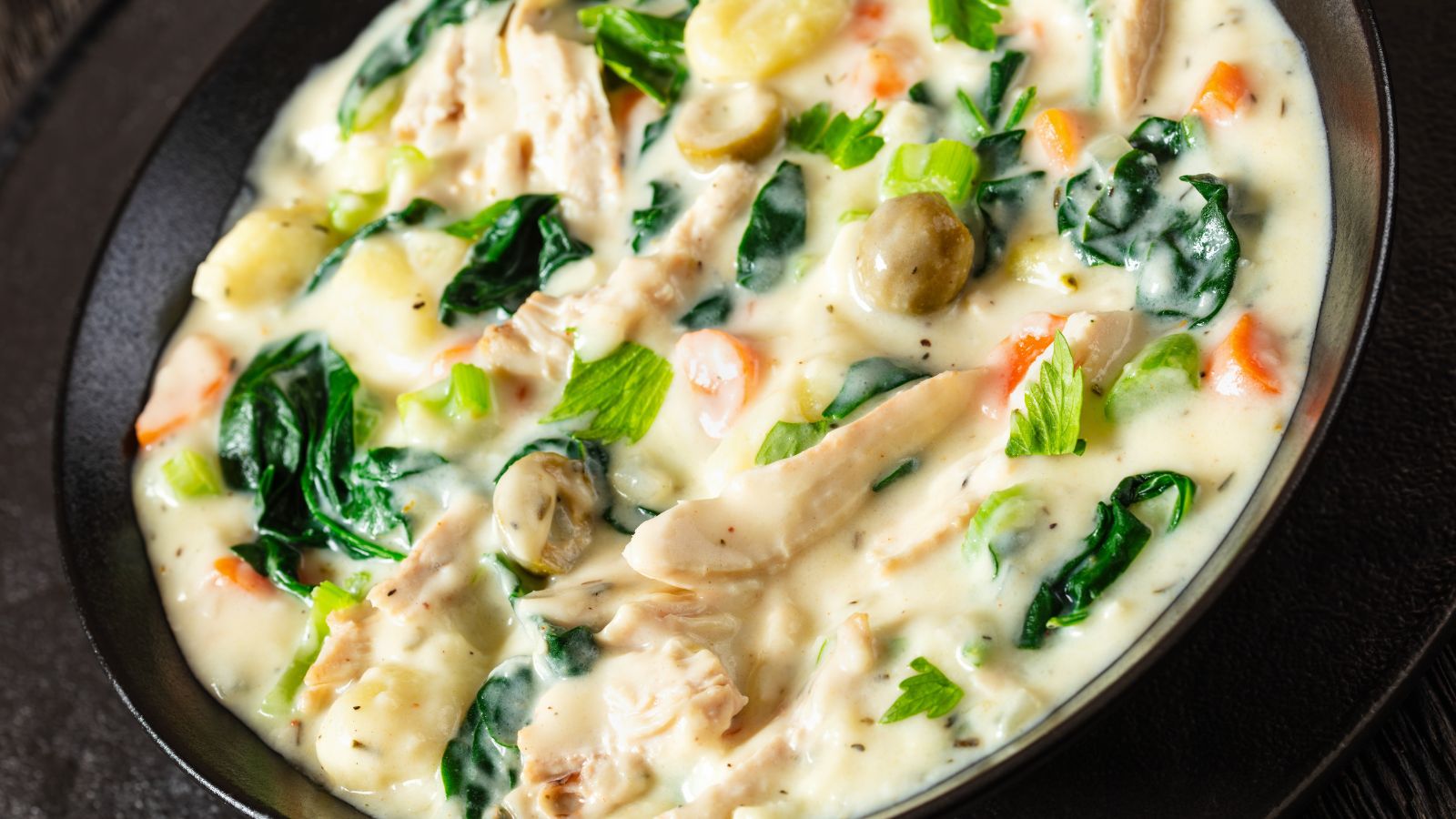
It would be a mistake to reheat creamy soups or sauces because of the dairy products they contain. Dairy can separate and curdle when it’s reheated, making it taste stale and ‘off’. Definitely enjoy anything creamy when it’s fresh and avoid reheating.
Up Next: 20 Personal Things You Should Never Share With Others

Building meaningful connections with others requires a certain level of transparency and trust, but that doesn’t mean you have to tell your friends and family members everything! Some aspects of our lives are too personal, incriminating, or risky to share. This article explores 20 aspects of your personal life that you should always keep confidential.
20 Personal Things You Should Never Share With Others
18 Things Everyone Forgets to Include in Their Will—But Shouldn’t

Wills and estate plans are essential ways to ensure what will happen to your belongings and property when you die or are incapacitated. However, people often forget to include important information in their wills before it’s too late, complicating matters for their descendants. Here are the 18 common things people forget to include in their will.
18 Things Everyone Forgets to Include in Their Will—But Shouldn’t
18 Items at Walmart that Aren’t Worth Your Hard-Earned Money

For many of us, Walmart is the go-to superstore. Whether we need groceries, clothing, or technology, Walmart is a one-stop shop for everything you would need. However, there are some Walmart products you should avoid at all costs, such as the following 18 examples.
18 ITEMS AT WALMART THAT AREN’T WORTH YOUR HARD-EARNED MONEY
